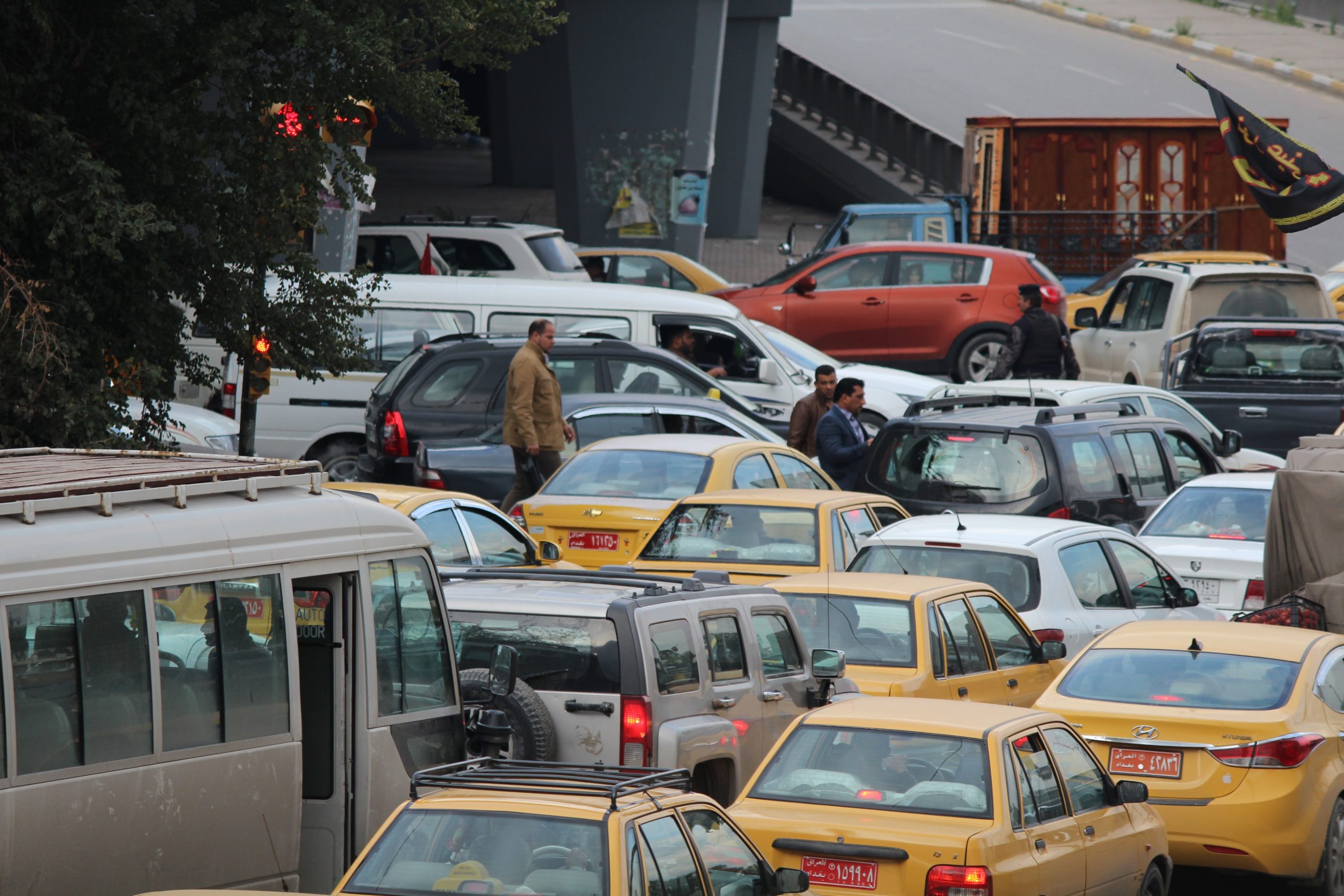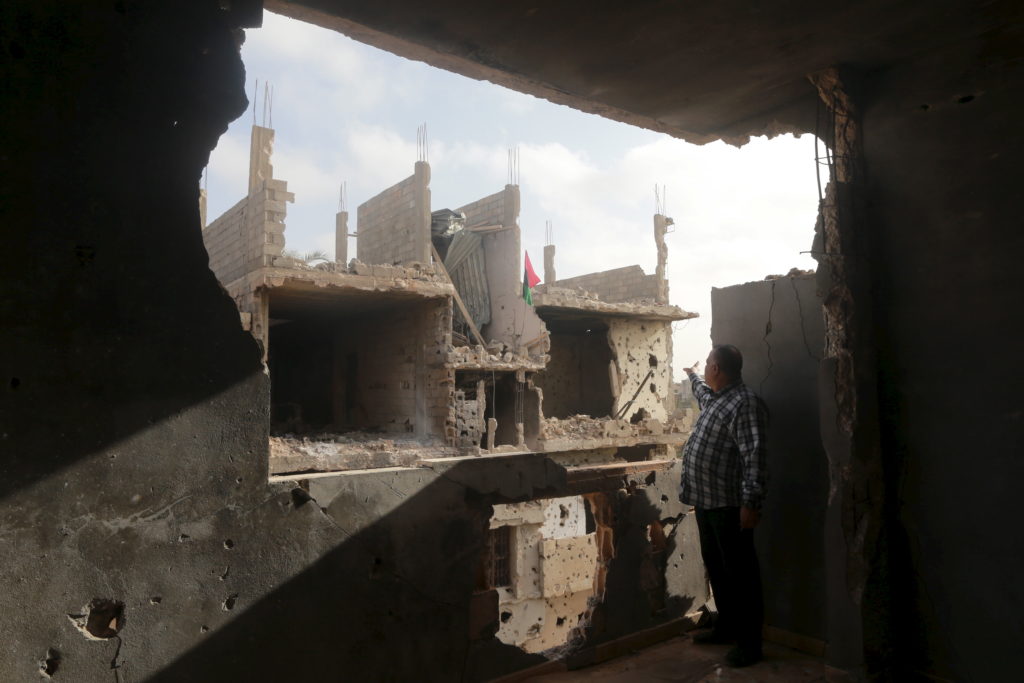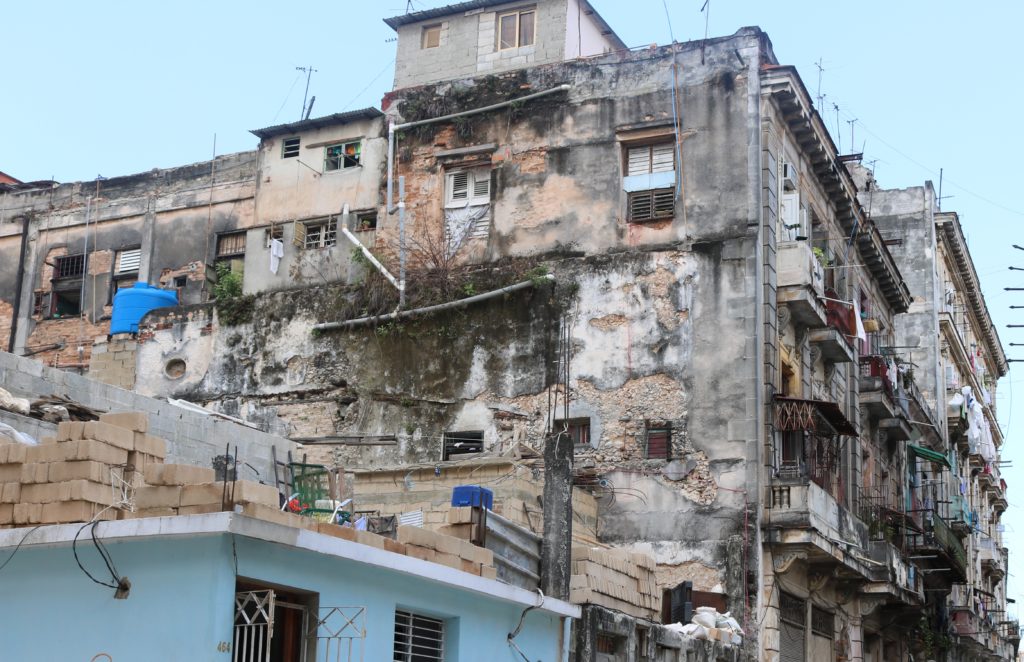Public Commentary / 26 July 2015
Beating ISIL: Without identity, Iraqis have no will

More than a year after the Islamic State of Iraq and the Levant (ISIL) took over Mosul, one of Iraq’s largest cities, the group is still gaining ground across the country.
In May, ISIL took Ramadi, the provincial capital of Anbar, after the Iraqi army melted away in an episode reminiscent of the fall of Mosul.
The most successful fighting force against ISIL in Iraq over the past year has not been the national army, which the US has spent at least $25bn trying to build up, but rather armed groups – including Iran-backed Shia militias and Kurdish Peshmerga – whose loyalties lie primarily with particular factions or identity groups rather than to the country as a whole.
The Obama administration is clearly frustrated with the failure of its campaign to degrade and destroy ISIL.
US Defence Secretary Ashton Carter complained that in Ramadi, Iraqi forces showed no will to fight, saying: “We can give them training, we can give them equipment – we obviously can’t give them the will to fight.”
He continued with a non-sequitur, saying the US would proceed with training and equipping the Iraqi army in the hope that they would develop this will to fight.
US President Barack Obama, perhaps more honestly than Carter, recently admitted that he still does not have a “complete” strategy in regards to ISIL.
Quick-fix solutions
Many think that the most promising quick-fix solution on the table is to arm Sunni tribal fighters in Anbar, despite the risk that this would further undermine the national army’s legitimacy.
These strategies may result in short-term gains against ISIL, but they will not help the country turn the corner away from persistent dysfunction and violence.
The case of Iraq shows how, in countries transitioning out of authoritarianism or conflict, a great deal of money can be wasted on trying to reform state institutions that have virtually no legitimacy to start with.
The top-down idea of institutional reform only makes sense in countries with sufficient social cohesion to ensure these institutions will be perceived as representing the popular will.
What Iraq needs – before reforms aimed at improving the army or other institutions can make a difference – is the creation of an inclusive dynamic that mitigates the state’s legitimacy crisis, by making the vast majority of people throughout the country feel that the state works equally well for them.
An inclusive dynamic would demand far more than the inclusion of figures from diverse sects in government – a shallow standard that too often appears to satisfy the Obama administration’s definition of the term.
It would require the formation of an inclusive social contract and covenant, and the creation of an overarching national narrative that would help build and reinforce a new sense of national identity.
Social covenants, forged from negotiations among a country’s major groups, and thus akin to a horizontal society-society compact, define the origins and makeup of political society and help build a common identity.
A common national identity
In Iraq, there was no serious, patient, and inclusive framework for Iraqis to debate and agree on a common national identity, set of values, and sense of purpose for the state.
Instead, after the fall of Saddam Hussein in 2003, the US-led Coalition Provisional Authority’s (CPA) early focus was on the need to quickly draft a constitution.
The CPA failed to understand that after decades of dictatorship and conflict, Iraqis needed time to redefine the society-society relationship before trying to establish the rules for the social contract, namely the state-society relationship.
Moreover, only six months were allocated to draft Iraq’s new constitution. By comparison, it took South Africa seven years to draft its post-transition constitution, Nepal is nearing a full decade of negotiating its new constitution.
Even worse than the pace was the politics of participation in the Iraqi constitution-making process. US officials, Kurdish political parties, some Shia Islamists, and Iraqi expatriates played the leading roles – excluding the country’s other major groups.
An inclusive process must also seek to generate an overarching national narrative capable of expressing in simple terms how the society understands its collective identity, its past and its future.
Iraq has long suffered from competing national narratives that preclude the emergence of an overarching, shared sense of identity.
Black and white
These competing narratives are often framed in Manichean terms: Kurds and Shia Muslims as the victims of the pre-2003 Sunni hegemony, Sunnis as the victims of the post-2003 Kurdish and Shia dominance, and so on.
In reality, the story of Iraq has never been so black and white.
Of course, some may say it is already too late for Iraq to engage in a process like this, as far too much violence has occurred. Divisions and distrust appear to be deeper than ever.
Yet, unless and until there is an overwhelming national and international determination that Iraq is no longer viable as a state, there must continue to be efforts to make the existing state work better.
As long as the country remains a single territorial unit, its social and political leaders would do better to focus more of their efforts on creating an inclusive dynamic that increases a minimum level of social cohesion and state legitimacy, rather than just trying to reform the widely viewed corrupt and inequitable status quo.
In the best-case scenario, creating an inclusive dynamic in Iraq would take years or decades. However, the country does not have better options.
As long as the majority of Iraqis do not feel that they have an equal stake in the state, quick-fix solutions and reforms will not lift the country out of the perpetual state of crisis that it has endured for more than a decade.
Mark Freeman and Seth Kaplan are the authors of the Inclusive Transitions Framework, a new practical framework that focuses on inclusiveness as a guiding principle to improve transition outcomes in fragile and conflict-affected societies.
The views expressed in this article are the author’s own and do not necessarily reflect Al Jazeera’s editorial policy.
Read on Al Jazeera.





